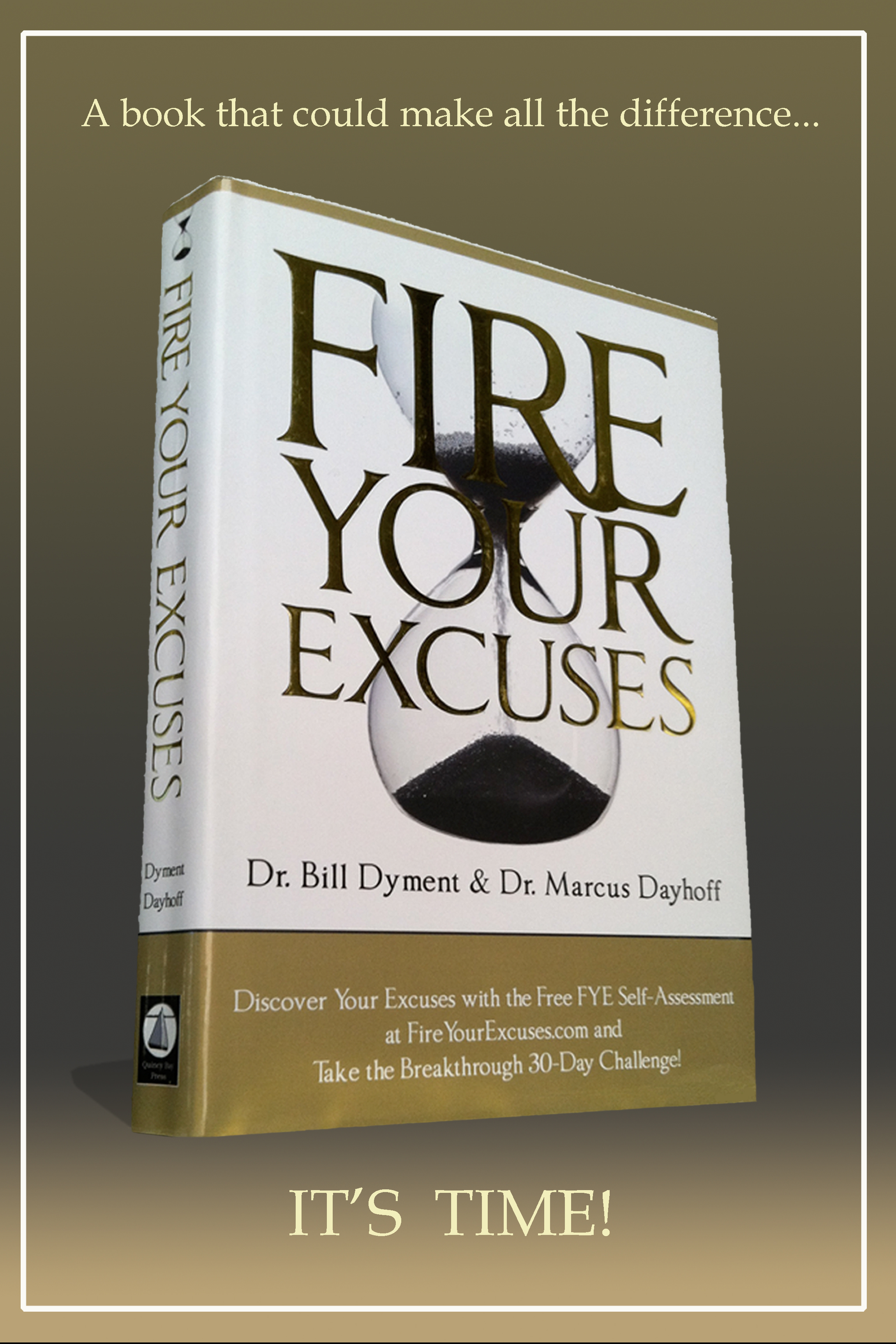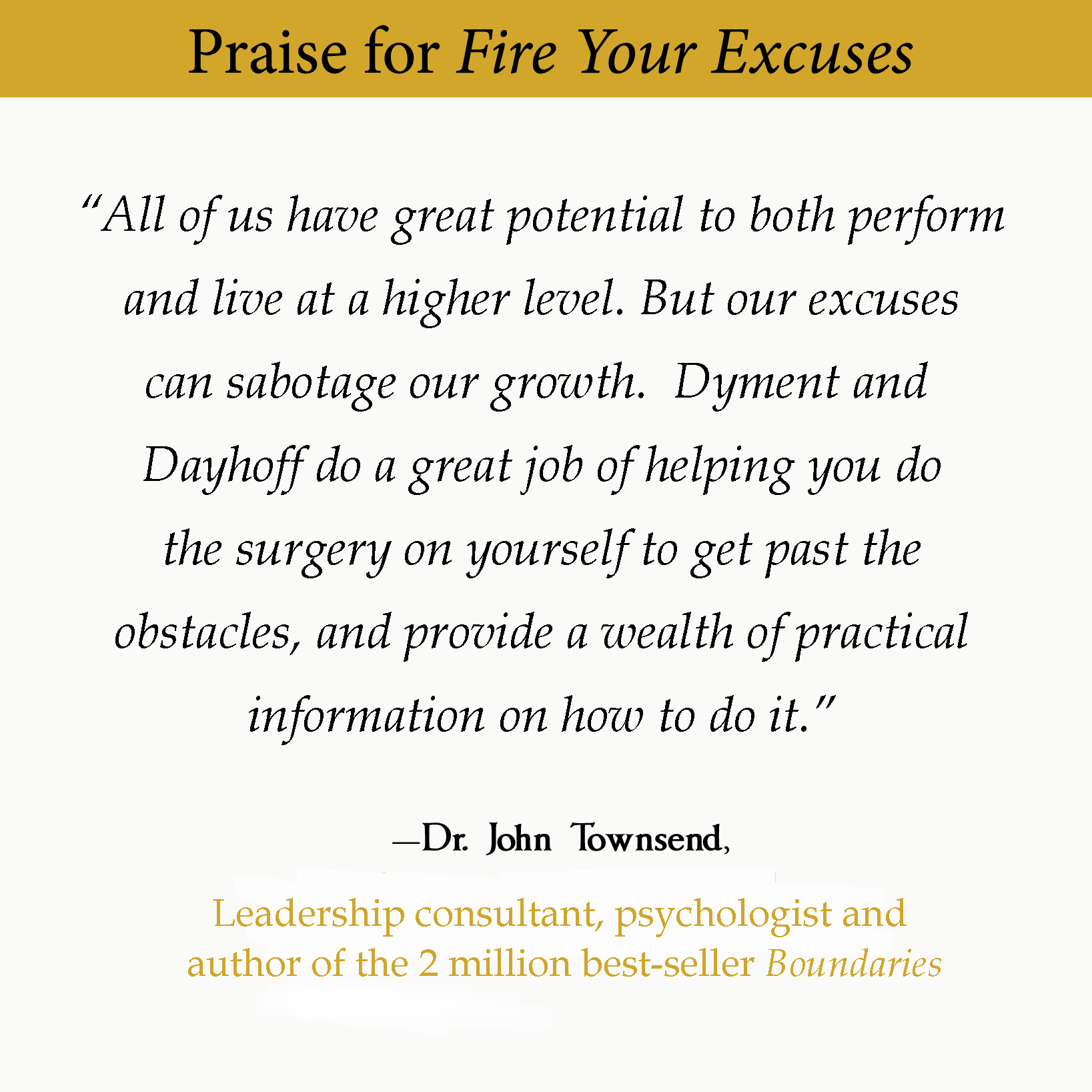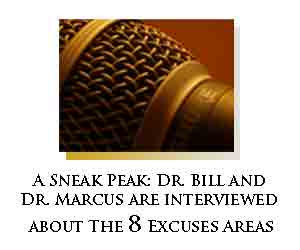
If you have been to Boston, you know it is a one of the most walkable big cities in the U.S. Rapid transit is excellent and inexpensive but driving its colonial tangle of one-way streets and finding affordable parking can be difficult. I grew up in its suburbs and visit often but last summer my wife and I happened to be there attending conference in the city itself, a rare treat for us. On this special visit, we needed a car to move more quickly, between events, and to see my parents, each of whom were recovering from serious medical illnesses in outlying cities. For the first time ever, I also used an app to locate a reasonable parking spot in Downtown Boston.
On Sunday morning, I went to retrieve the car from the parking garage. On this occasion, my prepaid ticket did not open the gate and my four calls to the off-site attendant were sequentially disconnected in mid-sentence after several frustrating minutes each. In the end, I paid the demanded $17 I did not owe, just to be released from parking purgatory. It was obvious that the parking garage was running a scam. There was even a sign at the gate that said that if you are hung up on, please try again (and again.)
When I got back home to L.A., I pessimistically called the app site, Spot Hero, who had arranged my parking garage booking. Not only did they instantly refund me the $17 I was surcharged, but also the entire amount of my parking.
The app company proved to be, what Andy Stanley, noted leadership expert calls, “uniquely better.” (You can listen to Andy Stanley discuss this distinction in depth in his two-part podcast episode here.)
What is does mean to be uniquely better in your career or industry? Being unique betteris a form of excellence that knows no age, or industry. It can also provide you with a highly competitive advantage. In the 500 organizations I have had the privilege of assisting as a speaker and consultant, I have seen industries and staff of all levels deliver uniquely better service. Some staff have been in their teens. Others soon-to-retire or elderly. In fact, many are volunteers.
How do you assess if you or your organization are uniquely better? Certain colleague and customer comments can tell you that you are well on your way. These are some of the phrases I love to hear but there are many others:
“What a difference there is working with you!” (Always ask, “Why?”)
“Wow, our last [provider/leader/manager, etc.] would have taken two weeks!”
“The first ______ I called said they couldn’t _______but you said, “No problem!”
“You made it so easy…”
“Thank you for being so on top of things. I have been so busy…”
“I can’t believe the value we received!” (Oops, that a mixed blessing. Time to raise your prices!)
Fortunately, for those who wish to stand out by delivering uniquely better service, the bar is not set that high.
· How often have you not been called back by an organization who promised to call you?
· How often have you passed on dessert because you were ignored by the server?
· How often have you wondered about the status of an order, project, or lab work but got no feedback until you called?
· How often have you paid for an expensive service and never been thanked?
· How often has a business or leader failed to offer you to the most basic elements of hospitality?
· How often have you been asked thoughtful questions so the right product or service could be offered to you?
Begin by simply asking your customers, colleagues, or boss what you might do differently. You will be surprised that some of what you currently do isn’t necessary, even appreciated. These actions can often be abandoned. You will also note that some “uniquely better” requests are shockingly easy to provide.
Once you have heard from your most important consumer, be it your boss or clients, spend some time thinking about what you might eliminate, streamline and provide by redirecting your resources and focus to where it counts the most. I always like to ask my companies- for seminars: “If we could knock this seminar out of the park, what three take-aways would you wish your attendees to receive?” For consulting: “What should have I asked you about if I were more insightful, knowledgeable about this situation, etc?”
It is easy to think you know what your customers want. While I obsessed about securing a new gourmet coffee machine for my coaching clients, I learned they were even more grateful when I simply moved my stack of parking validations to a better location–within easy reach on the table next to where they sat. This simple act cost me nothing but made more of difference to them than a better latte.
Pick the Low Hanging Fruit: Four uniquely better areas of opportunity.
Consider your tech: Video is king these days. Is there a way you could incorporate short video to stand out? Example: One contractor texted back a confirmation he would stop by at 3:00 p.m. Another created a 30-second video introduction with the same message. Which one stood out? Who feels more safe to invite into your home?
Bring back the personal touch: In the digital age, personal touch is often sacrificed for “more efficient” automated response. Have you ever ordered a simple item only to be incessantly badgered to leave a review or complete a survey about your experience? How can you communicate to your customers they are more than a ranking, an email subscriber? Example: One dental office sends a robocall appointment reminder. Another office sends a personal note from the dentist along with a small appointment card. Which technique garners the most completed appointments?
Look for “above and beyond” actions— Customize your client’s or colleague’s experience. Example: Two online companies offer the same wooden breakfast tray. One permits buyers to add a personalized engraved message. Which company would you buy your tray from?
Be an extraordinary resource: Publish or share an industry-informative blog, article, or resource guide. Pass along excellent referrals. Make your site, desk, business, “one-stop shopping” for all items related to your position, product or service. Which industry leaders should you highlight? What key considerations should your customers be making in deciding to use your services? What articles should your organization, staff, or even boss, be reading? Share them freely and you will be seen as the go-to resource in your company, profession and community. Example: One college counseling agency featured 200 common questions answered on their site. It served as great advertising and a valuable free service to anxious parents and students.
Like a lob over the net (and a hole in the marketplace you can drive a truck through,) these commonplace omissions make delivering uniquely better service easy for those professionals and companies that are passionately intentional. It is not something you learn in marketing class but comes from the heart, and a love for what you are providing and the people you serve.












 Fire Your Excuses™ is delighted to be able to support World Vision’s Well Projects by donating 10% of all gross income to assist the people of Malawi, Africa, with clean water. When you enroll in a Fire Your Excuses™ coaching program, attend one of our seminars, or order our book, you are also giving the gift of life—fresh water to needy communities in Malawi, Africa, the world’s sixth poorest country.
Fire Your Excuses™ is delighted to be able to support World Vision’s Well Projects by donating 10% of all gross income to assist the people of Malawi, Africa, with clean water. When you enroll in a Fire Your Excuses™ coaching program, attend one of our seminars, or order our book, you are also giving the gift of life—fresh water to needy communities in Malawi, Africa, the world’s sixth poorest country.